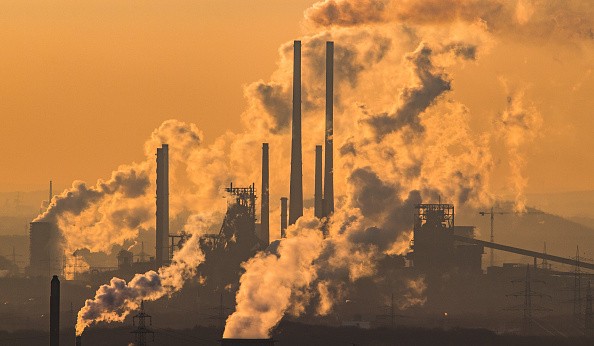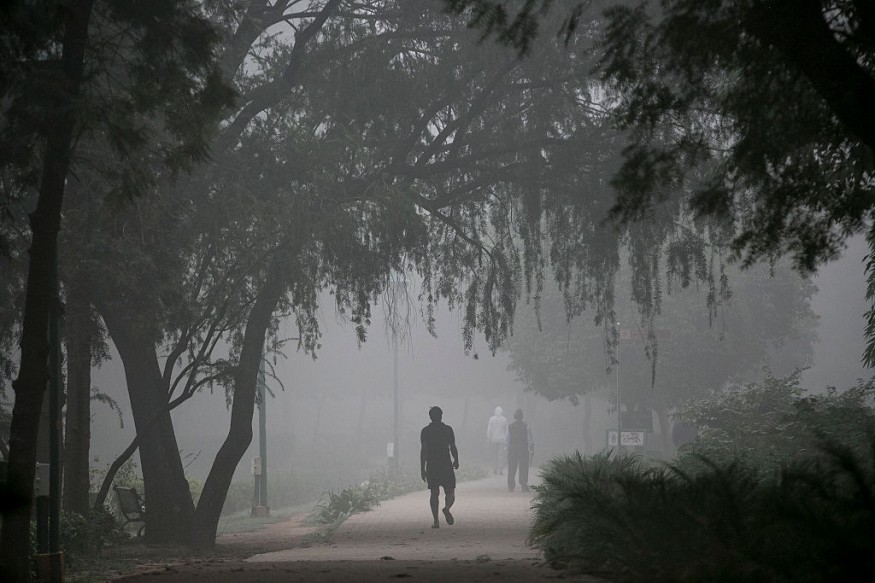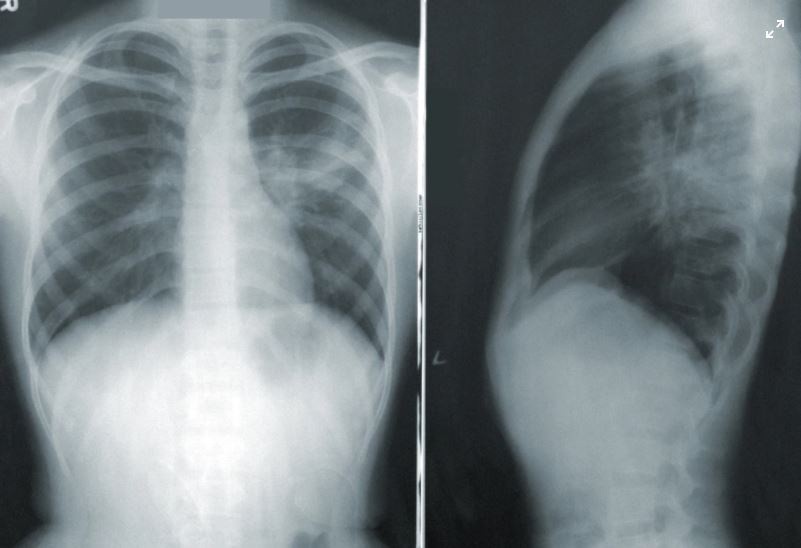In 2019 and 2020, governments worldwide allocated 20% more foreign assistance funds to fossil fuel projects than to programs to reduce the pollution they generate.

Air pollution is the world's worst environmental killer, causing at least 4 million premature deaths each year. However, according to a Clean Air Fund (CAF) research, just 1% of global development money is spent to address this problem.
Killing More than Various Diseases Combined
According to the research, air pollution kills more people than HIV/AIDS, malaria, and TB combined, yet such health concerns receive far more support. When it came to years of life lost, HIV/AIDS projects received 34 times the money, whereas malnutrition programs received seven times the funding. Experts believe that increasing funding to similar levels to combat air pollution will save many lives.
Despite having many highly polluted cities, funding for air quality projects is largely skewed towards middle-income Asian countries, with African and Latin American countries getting just 15% of the total. For example, Mongolia, which had a projected 2,260 fatalities due to air pollution in 2019, received $437 million (£316 million) from 2015 to 2020, but Nigeria had 70,150 premature deaths due to air pollution, received just $250,000.
"When you see the extremely and chronically low levels of financing on the one side, and the chronically high levels of public health consequences on the other, it becomes very apparent that greater funding is needed," said Jane Burston of CAF.
"Air pollution is a major public health issue, but many of the initiatives that would reduce pollution also assist in limiting climate change by lowering the use of fossil fuels. Moreover, because the poorest areas are frequently the most affected by air pollution, wherever you are in the globe, there may be enormous victories for equity."
"Our persistent burning of fossil fuels pollutes our air, costing the global economy billions of dollars each year," said Inger Andersen, head of the UN Environment Programme (UNEP). Ending fossil-fuel development funding and instead investing in clean, carbon-free industries will provide immediate results. So many lives will be saved."
Funding Air Improvement Programs

Between 2015 and 2020, over $6 billion in funding was granted to air quality programs, with 45 percent going to China, which has reduced air pollution by 29 percent in the previous seven years. Mongolia, the Philippines, and Pakistan came in second, third, and fourth, respectively. India was ranked ninth, with more than 1 million premature deaths due to air pollution per year.
Air pollution kills about 500,000 people per year in African and Latin American countries, and the figure is growing. However, the research showed that they only receive 5% and 10% of aid funds, respectively. "Because of growing urbanization, Africa is where pollution is most likely to rise, so there is a big potential there to address air pollution before it becomes awful," Burston said.
"We're not advocating for reduced funding for hunger, water, and sanitation, or HIV/AIDS initiatives. As a result of enormous amounts of money being invested wisely, deaths from these are drastically decreasing, but air pollution isn't on the same scale."
According to the study, funding levels should be increased, all new fossil fuel investments should be halted immediately, and air pollution should be prioritized for development aid.
"Filthy air kills millions of people throughout the world every year," Rosamund Adoo-Kissi-Debrah, a World Health Organization advocate for the health and air quality, said. Ella Kissi-Debrah, her daughter, died in 2013 at nine, with air pollution being officially implicated.
She stated, "My daughter's situation has helped raise awareness of these catastrophic effects." "However, activists can't accomplish it on their own. Aid donors are crucial because they provide the foundation for the struggle for clean air to continue."
According to a second Unep research, one-third of the world's countries have no legal restrictions on air pollution and those that do have limits that are frequently weaker than WHO standards.
Air Pollution Related Premature Deaths

According to another study, almost 12,000 individuals in Europe have died prematurely due to violations of legal pollution limits in Serbia, Kosovo, Bosnia and Herzegovina, North Macedonia, and Montenegro. In addition, it was discovered that the 18 coal-fired power plants in the western Balkans released two-and-a-half times more sulfur dioxide than all 221 coal plants in the EU combined.
For more environmental news updates, don't forget to follow Nature World News!
© 2025 NatureWorldNews.com All rights reserved. Do not reproduce without permission.





